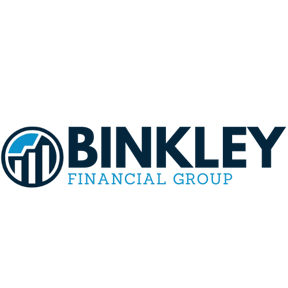Life Insurance Needs Through Different Life Stages
Understand how your life insurance needs change through different stages of life and what policies best fit those needs.
LIFE INSURANCE 101FAMILY PROTECTION
4/29/20242 min read


Introduction:
Life insurance isn't a one-size-fits-all solution. As you journey through various stages of life, your financial responsibilities and needs evolve, and so should your approach to life insurance. From starting a new job to retiring, each life stage presents unique challenges and opportunities for financial planning. This blog explores how life insurance needs vary with different life stages and offers insights into choosing the right policies for each phase.
Life Stages and Corresponding Life Insurance Needs
Starting a Career:
Needs: Initially, your need for life insurance may be lower, especially if you have no dependents. However, it's also the best time to get lower rates due to younger age and better health.
Recommended Policy: Term life insurance can be a cost-effective option to cover any debts and provide a financial safety net for any dependents that may come into your picture soon.
Marriage and Family:
Needs: As you start a family, the need for life insurance becomes more pressing. You'll need enough coverage to support your dependents’ lifestyle and future needs should anything happen to you.
Recommended Policy: A larger term policy or a permanent life insurance policy can ensure ongoing financial support for your family. Consider adding riders like a child rider or a spousal rider for added protection.
Homeownership:
Needs: Owning a home introduces significant debt through a mortgage, which life insurance can cover.
Recommended Policy: Increasing your term life insurance to match your mortgage duration and amount can protect your investment and ensure your family can retain the home without financial strain.
Approaching Retirement:
Needs: As you approach retirement, the focus may shift from income replacement to managing estate taxes and leaving a legacy.
Recommended Policy: Permanent life insurance like whole or universal life can be beneficial. These policies can help manage estate taxes and provide a legacy for heirs or charities.
Retirement:
Needs: During retirement, you might think about reducing your life insurance coverage as dependents become self-sufficient and financial obligations decrease.
Recommended Policy: You might keep a smaller permanent policy for estate purposes or consider converting your term life policy if applicable.
Tips for Managing Life Insurance Through Life Stages
Regularly Review Your Policies: Life changes quickly. Regularly reviewing your life insurance ensures your coverage matches your current needs.
Adjust Coverage as Necessary: Don’t hesitate to increase or decrease your coverage based on life events like marriage, the birth of a child, or buying a house.
Consult with a Financial Advisor: A professional can offer invaluable advice tailored to your specific circumstances and life stage.
Conclusion:
Life insurance is a dynamic tool that should adapt to your changing life circumstances. By understanding the needs of each life stage and planning accordingly, you can ensure that your life insurance strategy provides optimal protection throughout your life. Remember, the best approach is proactive management and periodic reassessment of your life insurance needs.
Durango, Colorado
+17194637116
info@binkleyfinancialgroup.com
Find us On Social
Contact Us
Copyright ©2024 | Binkley Financial Group | All rights reserved
